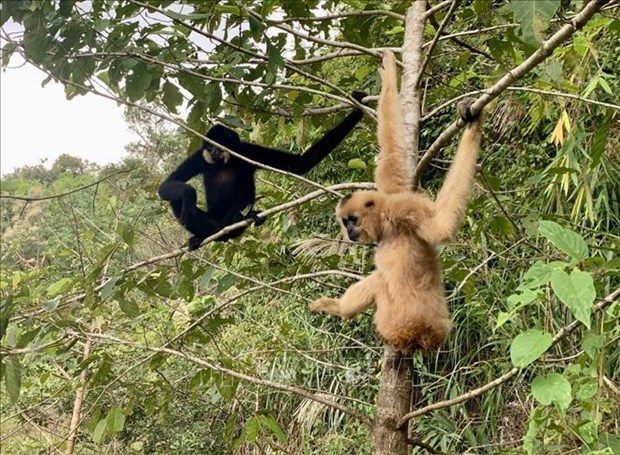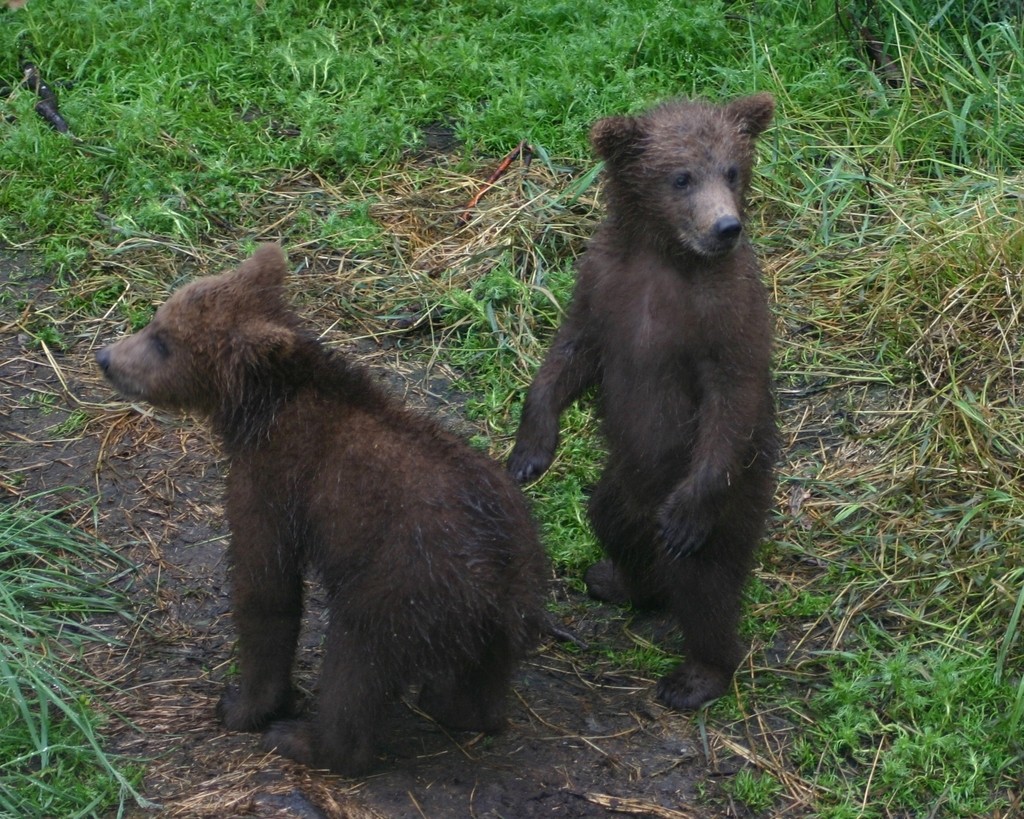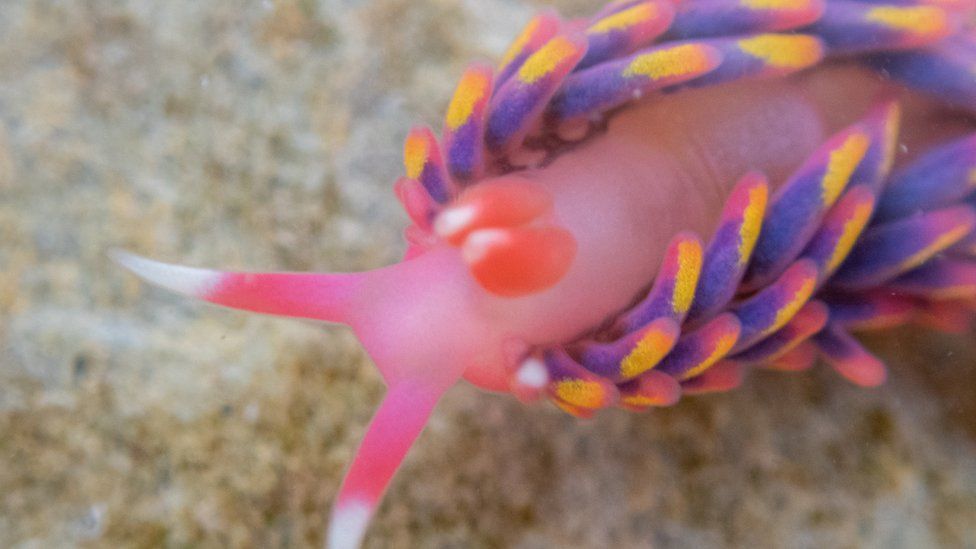The government of the UK has been talking the talk for a significant period of time. At times they have suggested some policies that should move in the right direction, unfortunately they have often reversed these relatively quickly.
An example of this is the governments green housing grants – advertised as intending to improve the UK housing to work more efficiency. Unfortunately, it was cut too soon, had perhaps 1% of the investment needed to get the whole job done, and proved to merely be a handout to building companies.
So what has caught my eye this time?
- A suggestion that oil and gas can be part of the UK net zero strategy? No carbon capture scheme (CCS) has ever worked large scale, and furthermore, none have captured all of the pollution. Far from moving away to fossil fuels, the UK intends to create a new wave of oil and gas exploration – and trying to justify this by suggesting that all the carbon will be caught. Of 13 CCS projects carried out recently, a study found that – 1 was cancelled before start, 2 failed, 7 underperformed, which leaves only 3 to have succeeded. A success rate of 23%. Looking back, out of the 39 million tonnes of carbon dioxide caught worldwide through CCS, more than 70% was used for Enhanced Oil Recovery – in other words of the 3 projects that performed, less than 1 of them would have actually helped to reduce carbon emissions. SO ARE WE ACTUALLY TRYING TO CUT EMISSION IN THE UK?
- The UK has just scrapped a top climate diplomatic role. As roles like this are one of the simple ways that a country shows what its priorities- countries who are paying attention will be saying this means that the UK is no longer concentrating on global warming. The FCDO (Foreign, Commonwealth and Development Office) said the climate crisis remained of “utmost importance” – while this may be true ?!? it certainly sends the wrong signal.
How is Australia doing?
We need to start reducing emissions at some point – this seems self evident, if we are to meet any of our carbon reduction goals. In Australia the labour and Greens have done a deal that might actually improve policy covering Australia’s biggest polluters.
While the new ideas is complicated, it changes the safeguard mechanism to take the country closer to meeting the goal of cutting greenhouse gas emissions to net zero by 2050.
While Australia’s government has been talking the right talk recently, the Australian newspapers have published fear mongering by the fossil fuel companies – forcing up prices, put domestic gas supply at risk, destroy jobs and “kill foreign investment” in the coal industry, The Daily Telegraph published a story which claimed the changes to the safeguard mechanism would risk $96 billion of energy projects – and that should be seen as “coal hard facts”.
One coal boss told the Australian that the changes to the safeguard mechanism were built on a political objective to push a “base demonisation of fossil fuels” that would threaten Australias role as a “Reliable energy exporter” for the region. This is so completely illiterate of the science as to be laughable (if it was not for the fact that many people will listen).
A former editor of the Australian Chris Mitchel wrote that Environmental journalists and the “left media” were “in a frenzy” over the most recent release from the UNs climate panel – he claimed that they are missing the elephant in the room, that climate change has failed to arrive.
Despite what many in the fossil fuel industry wish to claim, it is not hard to see climate change, indeed it is all around us. Mitchell claimed that the world would not, and could not do without fossil fuels – though if you don’t believe that the climate has been effected, then this is an easier position to reach.
What is clear, is that while the voices against doing what i needed to leave a world we wish to for future generations, have not shut up, in most instances they are not winning.




